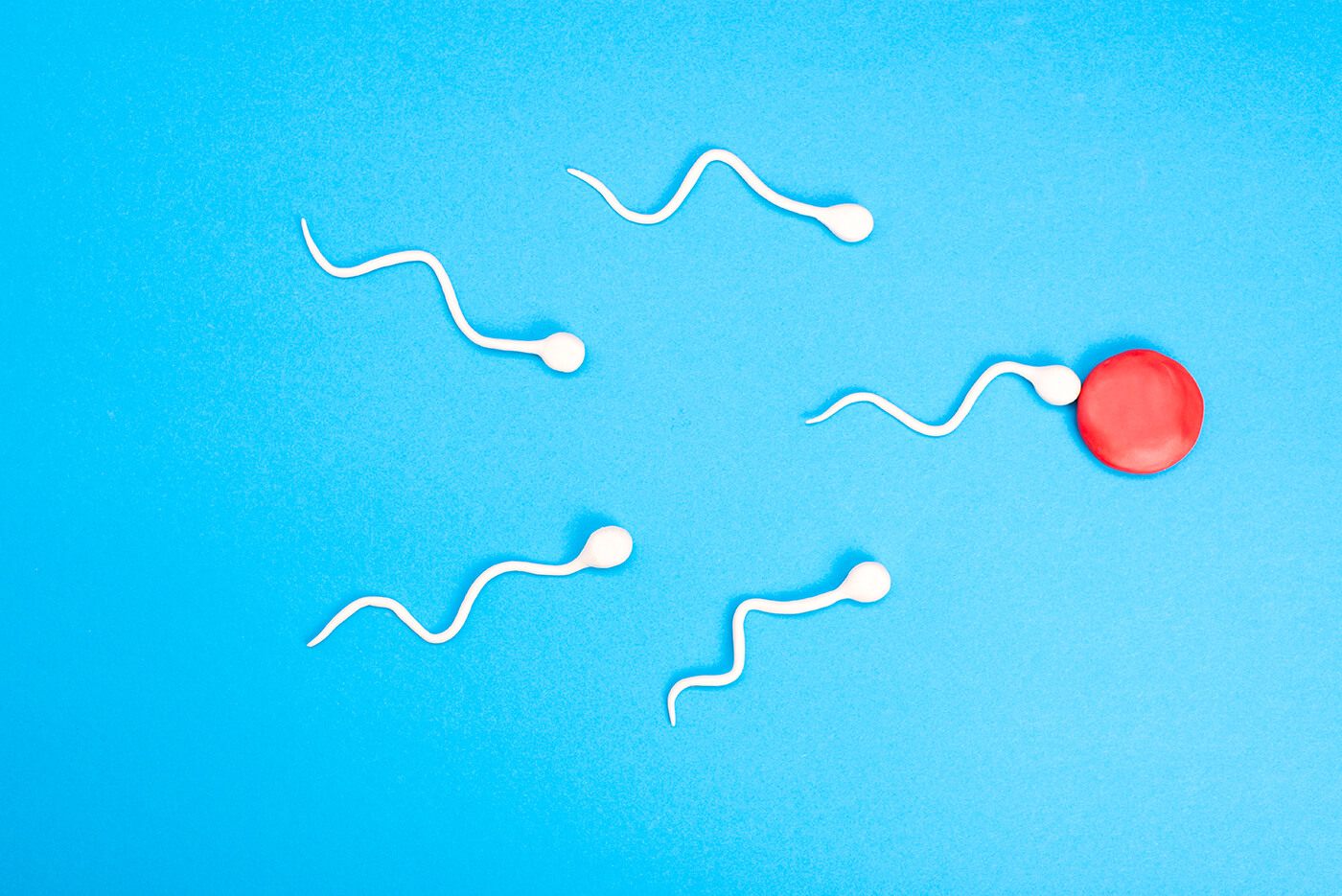Who Needs Egg Donation?
Women who have never had periods although specified as having healthy intrauterine mucous membrane
Women having lost their egg cells following a chemotheraphy or radiotheraphy; women having an operation in which their eggs are removed by surgical ways, or women suffering from early menopause with an unknown reason
Women for whom the previous trials ended ineffectively with no eggs obtained
Patients for whom the result of the FSH test performed on the 3rd day of the periods is over 15.
Women for whom the previous trials of IVF ended ineffectively with no pregnancy obtained.
The fact that a genetic disease is present in the family
Egg donation treatment is considered in case that pregnancy is not obtained owing to the fact that a few number of eggs, or defected eggs are available in IVF treatments.
Follicle Stimulating Hormones (FSH):
Follicle Stimulating Hormone (Gonadotropins: Gonal F, Follistim, Menopur) is a hormone that the pituitary gland produces in order to mature eggs in the natural menstrual cycle. As an egg donor medication, its use is to grow more follicles that in turn will yield more mature eggs ready for egg retrieval. Similar to the other egg donation medications we will review, this medicine is self-administered by an injection. In a number of brands of this medication we use for our egg donors, the FSH is administered via a pen with a tiny needle, making it a much more comfortable experience when injecting. FSH injections are taken once a day for around 10 days, but – as with all other medications used in egg donation process – the protocol is individually prescribed and will vary from person to person.
During extraction: Shortly before the retrieval of the eggs, the donor will receive a final injection in preparation for the procedure.
The doctor will perform a transvaginal ovarian aspiration to remove the eggs from the donor’s ovaries. They will insert an ultrasound probe into the vagina and use a needle to remove the egg from each follicle.
During the procedure, which lasts around 30 minutes, the doctor might give the donor painkillers, sedatives, or an anesthetic.
As this is a minor procedure, a donor will not need to stay at the clinic or hospital overnight
